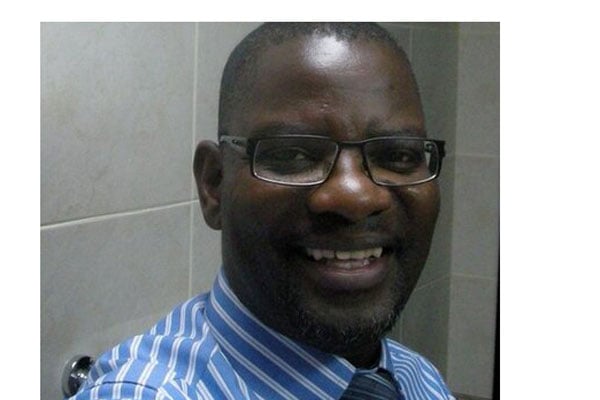Dear Nankabirwa, will you tackle the elephant in the room called Umeme?

Author: Musaazi Namiti. PHOTO/FILE
What you need to know:
- Nankabirwa should not just poke the elephant; she should drag it out of the room.
Ruth Nankabirwa, the new Energy and Mineral Development minister, addressed the media on July 30 about Uganda’s energy sector and the resumption of the Electricity Connection Policy (ECP), a project that seeks to connect homes with no electricity to the national grid.
The project had been suspended in December 2020 due to lack of funds but is now back on track, Ms Nankabirwa said. The government wants to ensure that by 2027, at least 60 per cent of the population has access to electricity.
But that is easier said than done. Currently, the grid serves 19–22 per cent of the population of 42 million. And Umeme, which distributes 97 per cent of electricity in Uganda, says it serves only 1.5 million customers, or 3.57 per cent of the population, according to information on its website.
If the main power distributor caters to just 1.5 million customers (the number of consumers is obviously higher since one customer may have as many as five consumers), how will the proportion jump from the current 19 per cent to 60 per cent in five years?
But even if the government achieves the target of 60 per cent, many Ugandans with electricity may not be able to use it as they should. Why?
There are two reasons. The first is that electricity is expensive. The second is that Umeme’s performance has been underwhelming. Although its Customer Satisfaction Index (CSI) shows the company got a score of 72.5 per cent in 2020 (up from 71 per cent in 2019) — with customers considering “quality [whatever that means] and reliability of supply [maybe in State House]”, “responsive service [really?!]” and “new connection” as key components of service delivery — many customers remain unimpressed.
In Kampala and surrounding areas, for example, power outages lasting for hours are common — and that has been the case since 2005, when Umeme secured its concession. In 2019, the energy sector regulator, ERA, threatened to penalise Umeme over power outages.
Umeme, it seems to me, is the elephant in the room that Ms Nankabirwa’s predecessors have done little or nothing about. Until it is removed, we will not make progress. President Museveni talked about it recently without so much as poking it.
Ms Nankabirwa should not just poke the elephant; she should drag it out of the room. If she fears that it may trample her to death, she should enlist the support of the man who gave her the job.
For some customers, Umeme is famous for giving Uganda the mother of all ironies, which is that when you have electricity, you do not actually have it.
People whose homes have been connected to the grid for decades often complain about being in darkness even when there is no power outage. How does it happen? You will have power in your house but find the bulbs do not. Your microwave will light up but will not even warm a samosa.
It is unacceptable that a company that does not distribute electricity for free, and across the entire Uganda, fails to supply sufficient and reliable electrical power to a fraction of the population. Umeme should continue in the job only if the alternative is worse — or if we cannot find a company that can do better.
The company’s concession expires in 2025, and that means Umeme is still around. But Ms Nankabirwa should start to set the stage for a new firm that will ensure that drizzles and thunder do not mean we will not have electricity.
Mr Namiti is a journalist and former
Al Jazeera digital editor in charge of the Africa desk
[email protected] @kazbuk




